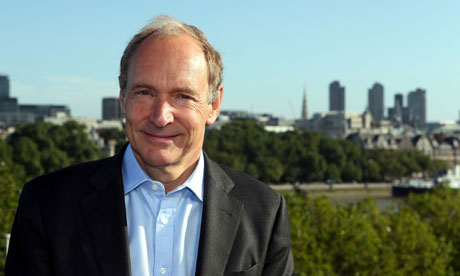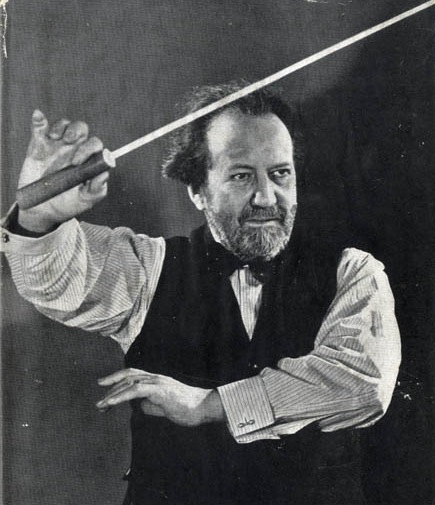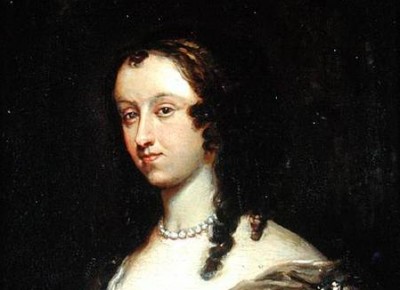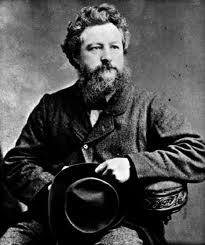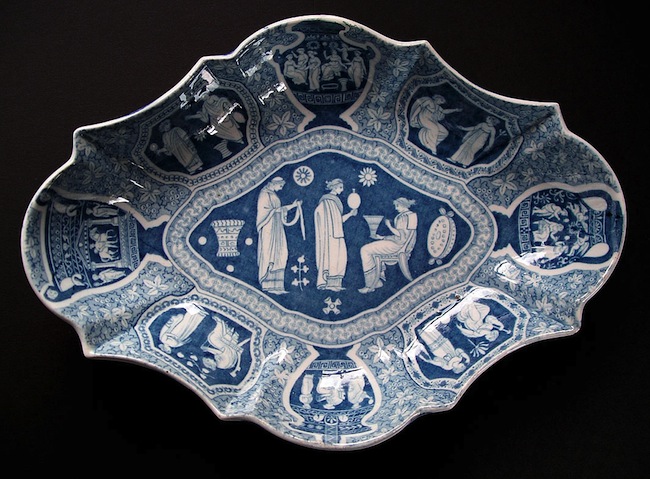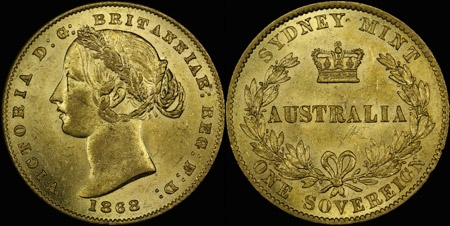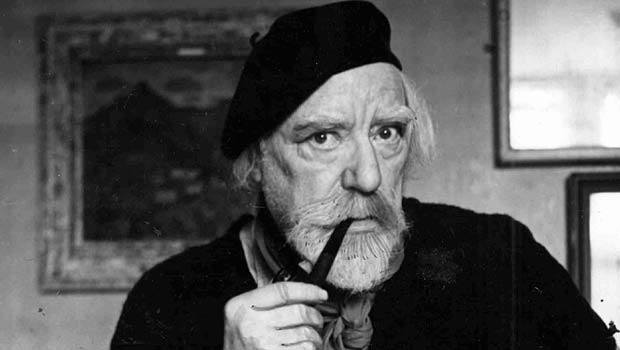Sir Timothy John “Tim” Berners-Lee, OM, KBE, FRS, FREng, FRSA, also known as “TimBL,” is a British computer scientist, best known as the inventor of the World Wide Web.
Timothy John Berners Lee was born on 8 June 1955 and grew up in London. He studied physics at Oxford University and became a software engineer.
In 1980, while working at CERN, the European Particle Physics Laboratory in Geneva, he first described the concept of a global system, based on the concept of ‘hypertext’, that would allow researchers anywhere to share information. He also built a prototype called ‘Enquire’.
In 1984, Berners Lee’s returned to CERN, which was also home to a major European Internet node. In 1989, Berners Lee published a paper called ‘Information Management: A Proposal’ in which he married up hypertext with the Internet, to create a system for sharing and distributing information not just within a company, but globally. He named it the World Wide Web.
He also created the first web browser and editor. The world’s first website, http://info.cern.ch, was launched on 6 August 1991. It explained the World Wide Web concept and gave users an introduction to getting started with their own websites.
In 1994, Berners Lee founded the World Wide Web Consortium at the Laboratory of Computer Science (LCS) at the Massachusetts Institute of Technology in Boston. He has served as director of the consortium since then. He also works as a senior research scientist at LCS which has now become the Computer Science and Artificial Intelligence Laboratory.
Biography
A graduate of Oxford University, Tim Berners-Lee invented the World Wide Web, an internet-based hypermedia initiative for global information sharing while at CERN, the European Particle Physics Laboratory, in 1989. He wrote the first web client and server in 1990. His specifications of URIs, HTTP and HTML were refined as Web technology spread.
He is the 3Com Founders Professor of Engineering in the School of Engineering with a joint appointment in the Department of Electrical Engineering and Computer Science at the Laboratory for Computer Science and Artificial Intelligence ( CSAIL) at the Massachusetts Institute of Technology (MIT) where he also heads the Decentralized Information Group (DIG). He is also a Professor in the Electronics and Computer Science Department at the University of Southampton, UK.
He is the Director of the World Wide Web Consortium (W3C), a Web standards organization founded in 1994 which develops interoperable technologies (specifications, guidelines, software, and tools) to lead the Web to its full potential. He was a Director of the Web Science Trust (WST) launched in 2009 to promote research and education in Web Science, the multidisciplinary study of humanity connected by technology.
Tim is a Director of the World Wide Web Foundation, launched in 2009 to coordinate efforts to further the potential of the Web to benefit humanity.
He has promoted open government data globally, is a member of the UK’s Transparency Board, and president of London’s Open Data Institute.
In 2001 he became a Fellow of the Royal Society. He has been the recipient of several international awards including the Japan Prize, the Prince of Asturias Foundation Prize, the Millennium Technology Prize and Germany’s Die Quadriga award. In 2004 he was knighted by H.M. Queen Elizabeth and in 2007 he was awarded the Order of Merit. In 2009 he was elected a foreign associate of the National Academy of Sciences. He is the author of “Weaving the Web”.
On March 18 2013, Tim, along with Vinton Cerf, Robert Kahn, Louis Pouzin and Marc Andreesen, was awarded the Queen Elizabeth Prize for Engineering for “ground-breaking innovation in engineering that has been of global benefit to humanity.”
Recognition
- In 1994 he became one of only six members of the World Wide Web Hall of Fame.
- In 1995 he won the Kilby Foundation’s “Young Innovator of the Year” Award.
- In 1995 he received also the Software System Award from the Association for Computing Machinery (ACM).
- In the 1997 Queen’s Birthday Honours he was appointed an Officer of the Order of the British Empire (OBE) “for services to global computer networking”.
- In 1998 he was awarded with an honorary doctorate from the University of Essex.
- In 1999, Time Magazine named Berners-Lee one of the 100 Most Important People of the 20th century.
- In March 2000 he was awarded an honorary degree from The Open University as Doctor of the University.
- In 2001, he was elected a Fellow of the American Academy of Arts and Sciences.[48]
- In 2002, he was named in the BBC’s list of the 100 Greatest Britons following a UK-wide vote.
- In 2003 he was awarded The Royal Photographic Society’s Progress Medal and Honorary Fellowship (HonFRPS) in recognition of any invention, research, publication or other contribution which has resulted in an important advance in the scientific or technological development of photography or imaging in the widest sense.
- In 2003, he received the Computer History Museum’s Fellow Award, for his seminal contributions to the development of the World Wide Web.
- On 15 April 2004, he was named as the first recipient of Finland’s Millennium Technology Prize, for inventing the World Wide Web. The cash prize, worth one million euros (about £892,000, or US$1.3 million, as of Sept 2011), was awarded on 15 June, in Helsinki, Finland, by the President of the Republic of Finland, Tarja Halonen.
- He received a knighthood in 2004 when he was promoted to Knight Commander of the Order of the British Empire (KBE) in the New Year Honours “for services to the global development of the Internet”, and was formally invested on 16 July 2004.
- On 21 July 2004, he was presented with an honorary Doctor of Science degree from Lancaster University
- On 27 January 2005, he was named Greatest Briton of 2004, both for his achievements and for displaying the key British characteristics of “diffidence, determination, a sharp sense of humour and adaptability”, as put by David Hempleman-Adams, a panel member.
- In 2007, Berners-Lee received the Academy of Achievement’s Golden Plate Award.
- In 2007, he was ranked Joint First, alongside Albert Hofmann, in The Telegraph’s list of 100 greatest living geniuses.
- On 13 June 2007, he received the Order of Merit, becoming one of only 24 living members entitled to hold the honour, and to use the post-nominals ‘O.M.’ after their name.[57] (The Order of Merit is within the personal bestowal of The Queen, and does not require recommendation by ministers or the Prime Minister)
- He was awarded the 2008 IEEE/RSE Wolfson James Clerk Maxwell Award, for “conceiving and further developing the World Wide Web”.
- On 2 December 2008, Berners-Lee was awarded an honorary doctorate from the University of Manchester. His parents worked on the Manchester Mark 1 in the 1940s and 50s.
- On 21 April 2009, he was awarded an honorary doctorate by the Universidad Politécnica de Madrid.
- On 28 April 2009, he was elected a foreign associate of the United States National Academy of Sciences.
- On 8 June 2009, he received the Webby Award for Lifetime Achievement, at the awards ceremony held in New York City.
- In October 2009, he was awarded an honorary doctorate by the Vrije Universiteit Amsterdam
- On 30 March 2011, he was one of the first three recipients of the Mikhail Gorbachev award for “The Man Who Changed the World”.
- On 26 May 2011, Berners-Lee was awarded with an honorary Doctor of Science degree from Harvard University.
- In 2011, he was inducted into IEEE Intelligent Systems’ AI’s Hall of Fame for the “significant contributions to the field of AI and intelligent systems”.
- In 2012, Berners-Lee was inducted into the Internet Hall of Fame by the Internet Society
- On 27 July 2012, Berners-Lee was recognised for the invention of the World Wide Web in the 2012 Summer Olympics opening ceremony.
- On 3 December 2012, the Sultan of Oman conferred the Sultan Qaboos Order for Culture, Science and Arts (First Class) on Sir Tim Berners-Lee.
- In 2013, Berners-Lee was one of five Internet and Web pioneers awarded the inaugural Queen Elizabeth Prize for Engineering.
Further reading
- Tim Berners-Lee and the Development of the World Wide Web (Unlocking the Secrets of Science), Ann Gaines (Mitchell Lane Publishers, 2001)ISBN 1-58415-096-3
- Tim Berners-Lee: Inventor of the World Wide Web (Ferguson’s Career Biographies), Melissa Stewart (Ferguson Publishing Company, 2001) ISBN 0-89434-367-X children’s biography
- Weaving the Web Berners-Lee, Tim, with Fischetti, Mark (Harper Collins Publishers,1999) ISBN 0-06-251586-1(cloth) ISBN 0-06-251587-X(paper)
- How the Web was Born: The Story of the World Wide Web Robert Cailliau, James Gillies, R. Cailliau (Oxford University Press, 2000) ISBN 0-19-286207-3
- Tim Berners-Lee Gives the Web a New Definition
- BBC2 Newsnight – Transcript of video interview of Berners-Lee on the read/write Web
- Technology Review interview
Credits:
BBC
http://www.w3.org/
Wikipedia

